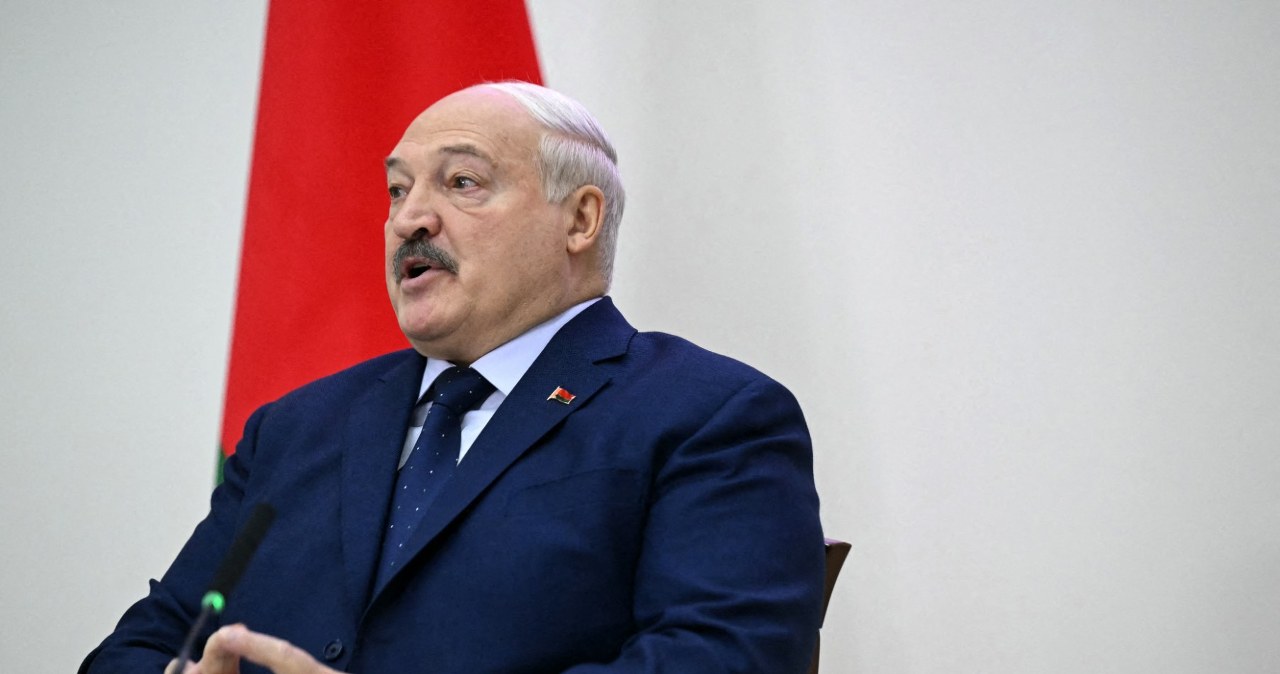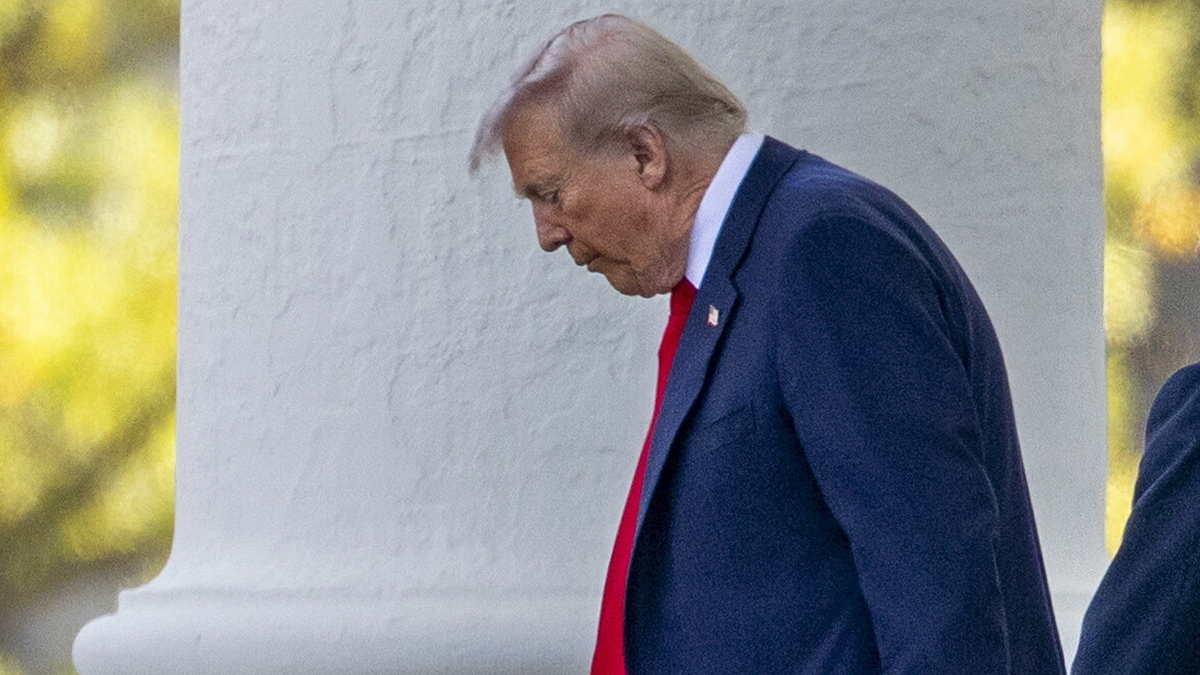
WHO Official: Monkeypox Is Not The New COVID-19, Lockdowns Not Likely
Authored by Jack Phillips via The Epoch Times (emphasis ours),
An official with the World Health Organization (WHO) said that mpox is not the same as COVID-19 and signaled there will not be lockdowns or similar measures, in comments about a week after the UN health agency declared an emergency over the virus.
 An undated colorized transmission electron micrograph of mpox virus particles (pink) found within an infected cell (yellow), cultured in the laboratory, captured at the National Institute of Allergy and Infectious Diseases (NIAID) Integrated Research Facility (IRF) in Fort Detrick, Md. NIAID/Handout via Reuters
An undated colorized transmission electron micrograph of mpox virus particles (pink) found within an infected cell (yellow), cultured in the laboratory, captured at the National Institute of Allergy and Infectious Diseases (NIAID) Integrated Research Facility (IRF) in Fort Detrick, Md. NIAID/Handout via Reuters“Are we going to go in lockdown in the WHO European region, it’s another COVID-19? The answer is clearly: ‘no,’” said Han Kluge, WHO regional director for Europe, in a live-streamed media briefing on Tuesday. “Two years ago, we controlled mpox in Europe thanks to the direct engagement with the most affected communities of men who have sex with men,” he said.
Mpox, a viral infection known as monkeypox, causes pus-filled lesions and flu-like symptoms. It is usually mild but can kill.
Officials say that a subvariant of the Clade I mpox strain called Clade Ib has caused global concern because it seems to spread more easily through routine close contact. A case of the variant was confirmed last week in Sweden and linked to a growing outbreak in Africa, the first sign of its spread outside the continent.
The WHO declared the recent outbreak of the disease a public health emergency of international concern. The Clade I mpox variant has been spreading outside of the Democratic Republic of the Congo since last year, with reports of the virus being found in about a dozen other African nations.
Kluge said that the focus on the new Clade I strain will also help in the fight against the less severe Clade II variety that has spreading globally since 2022, allowing Europe to improve its response through better health advice and surveillance.
During the 2022–23 outbreak, U.S. and worldwide officials warned that the virus was primarily spreading in males who engage in sexual activity with other males. But with the Clade Ib variant, which has been described as more severe, WHO and other agencies such as the U.S. Centers for Disease Control and Prevention (CDC) have not made similar warnings.
About 100 new cases of the Clade II mpox strain are now being reported in the European region every month, added Kluge. According to a news release from the United Nations, Congo has reported 15,600 mpox cases in 2024 along with 540 deaths.
Mpox transmits through close physical contact, including sexual contact, but unlike previous global pandemics such as COVID-19, there is no evidence it spreads easily through the air.
“We can and must tackle mpox together,” said Kluge on Monday. “So will we choose to put the systems in place to control and eliminate mpox globally? Or we will enter another cycle of panic and neglect? How we respond now and in the years to come will prove a critical test for Europe and the world,” he added.
Health authorities need to be on alert and flexible in case there are new, more transmissible clades or ones that change their transmission route, but there are no recommendations for people to wear masks, WHO spokesman Tarik Jasarevic said.
CDC Issues Mpox Update
In an update late last week, the CDC said that mpox currently poses a low risk to the United States, and no cases of Clade I mpox have been found in the country.
“The risk to the general public in the United States from the type of mpox circulating in the DRC is very low,” the federal health agency said. However, it stressed that the situation “might change as more information becomes available” or if cases of the Clade I variant appear outside of Africa.
That’s because there have been a limited number of individuals traveling on direct commercial flights from Congo or nearby countries to the United States.
Reuters contributed to this report.
Tyler Durden
Wed, 08/21/2024 – 05:00

 1 rok temu
1 rok temu













